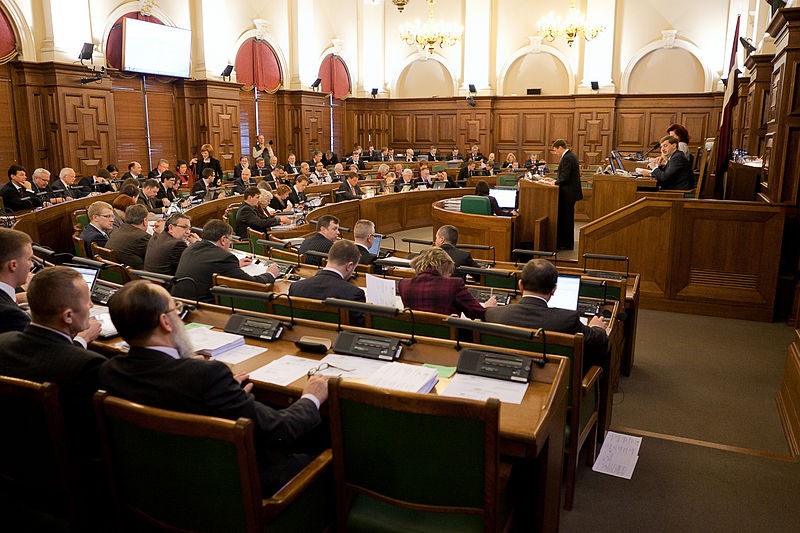In 2015, the OCCRP reported on the theft of US$1 billion from three banks in Moldova, some of which moved through Latvian accounts. This was after OCCRP revealed the details of the Russian Laundromat, a massive money-laundering and financial crime ring that moved more than $20 billion in stolen money from Russia to the European Union via banks in Moldova and Latvia.
Latvia became a haven for Russian and other former Soviet states to conduct business in Western markets after its independence from the Soviet Union. Much of the US$ 15 billion that Latvian banks currently have from foreign customers come from Russia, reported Reuters.
However, since its membership to the European Union and NATO, the country has improved standards in regulation to some extent. Yet these still fall short in many cases.
The United States imposed sanctions against the third largest bank in the country, ABLV, for laundering billions in illicit funds, which effectively led to its closing last month.
“Illicit financial activity at the bank includes transactions for parties connected to UN-designated entities, some of which are involved in North Korea’s procurement or export of ballistic missiles,” the US Treasury Department’s Financial Crimes Enforcement Network said in a statement at the time.
Previously, the International Monetary Fund reported Latvia possessed a reputation for negligent due diligence while the Organization for Economic Cooperation and Development denounced the country’s failure to appropriately handle money laundering and financial crime.
Bankers and officials who spoke to Reuters indicated that there is still too little enforcement of rules as well as too few resources to assist Latvia’s financial system.
However, there is still hope from reformers and regulators who see the Baltic country’s future more optimistically.
“When Latvia regained its independence, it was poor and corrupt, with gangs and mafia. I don’t see that any more,” said Jekabs Straume leader of Latvia’s anti-corruption agency KNAB. He explained that corruption is decreasing due to an increase in political will.
The country’s prime minister, Maris Kucinskis, has promised to push for better bank monitoring after the US’s actions over ABLV. Already, the government is seeking to change some laws in order to make it easier to withdraw banking licenses as well as make it harder to take cash out of the country.





